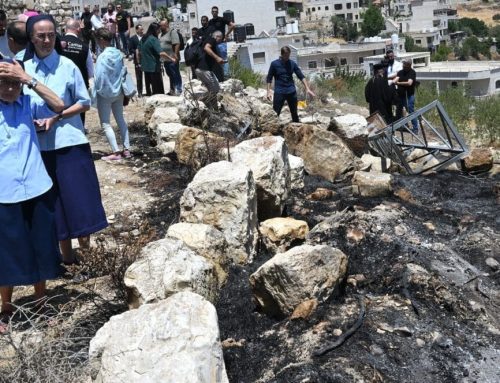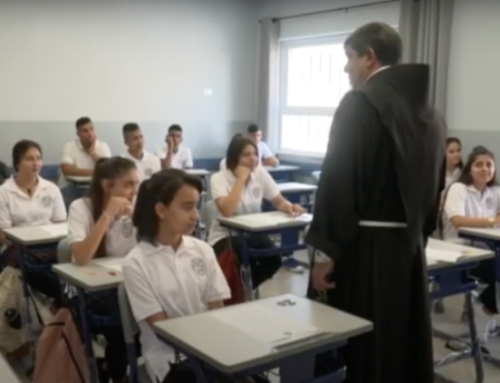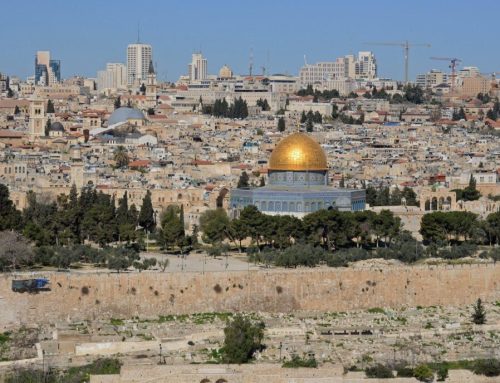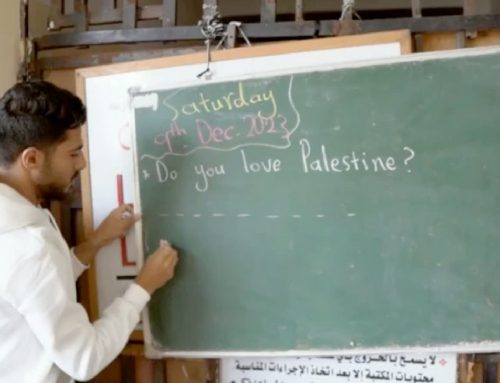
Even after the vote from the House of Commons in the United Kingdom, some Western powers continue to prepare plans for military intervention in Syria. Such military intervention threatens to bring even greater suffering and instability to communities throughout Syria and the region as a whole.
We in the Middle East have witnessed several interventions from Western powers. We see that the countries that have been the targets for such intervention have neither democracy nor security. The recent history of Western interventions in the Middle East has brought only greater hatred and violence.
The only ones who will benefit from Western military intervention in Syria will be extremists on all sides. The violent ambitions of extremists within all traditions in the Middle East—Muslims, Christians, and Jews, among others—will be stoked by the fuel of even greater military destruction. As an Arab Christian, I am concerned for the effects this violence will have on every community in Syria, whether they are Sunni, Shiite, Alawite, Druze, or Christian.
Syria’s civil war threatens to tear the fabric of the country. Syrians have suffered from the presence of foreign fighters on all sides and the intransigent self-interests of both regional and global powers. The situation in Syria will be solved not with bombs but with diplomatic efforts and true dialogue among Syrians of goodwill. As Martin Luther King, Jr. said in response to the conflict in Vietnam, “The past is prophetic in that it asserts loudly that wars are poor chisels for carving out peaceful tomorrows.”
I call on all people to resist the threat of military intervention in Syria. Arab and Middle Eastern Christians and Christians throughout the world have a responsibility to raise a critical public voice, thus contributing to civil society. Our primary concern is not for abstract notions of national interest but for the flourishing of human communities. To choose the path of diplomacy brings the Middle East closer to the goal of peace. Such a choice is not weakness, but the sign of peace and security.
Rt. Rev. Munib A. Younan
Bishop of the Evangelical Lutheran Church in Jordan and the Holy Land
By: The Evangelical Lutheran Church in Jordan and the Holy Land





